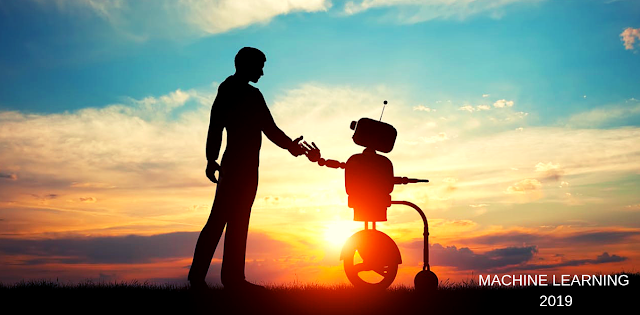Intelligent Social Robots Must Have a "Hypothesis of Mind"

Recognizing other minds is essential for intelligent social interaction. So as to fabricate AI with human-like knowledge—AIs who can collaborate socially, who can work with us to accomplish objectives, we should initially make one essential element primarily missing from their present plan. This component is the thing that psychological researchers call a " hypothesis of a brain ." The hypothesis of mind alludes to the capacity to characteristic mental states , for example, convictions, wants, objectives, and expectations to other people, and to comprehend that these states are unique in relation to one's own. The computers furnished with a hypothesis of a brain would remember you as a cognizant specialist with your very own psychological universe, as opposed to something absolutely unthinking and lifeless. A hypothesis of mind influences it conceivable to comprehend feelings, to surmise aims, and foresee conduct. The capacity to distinguish others'


